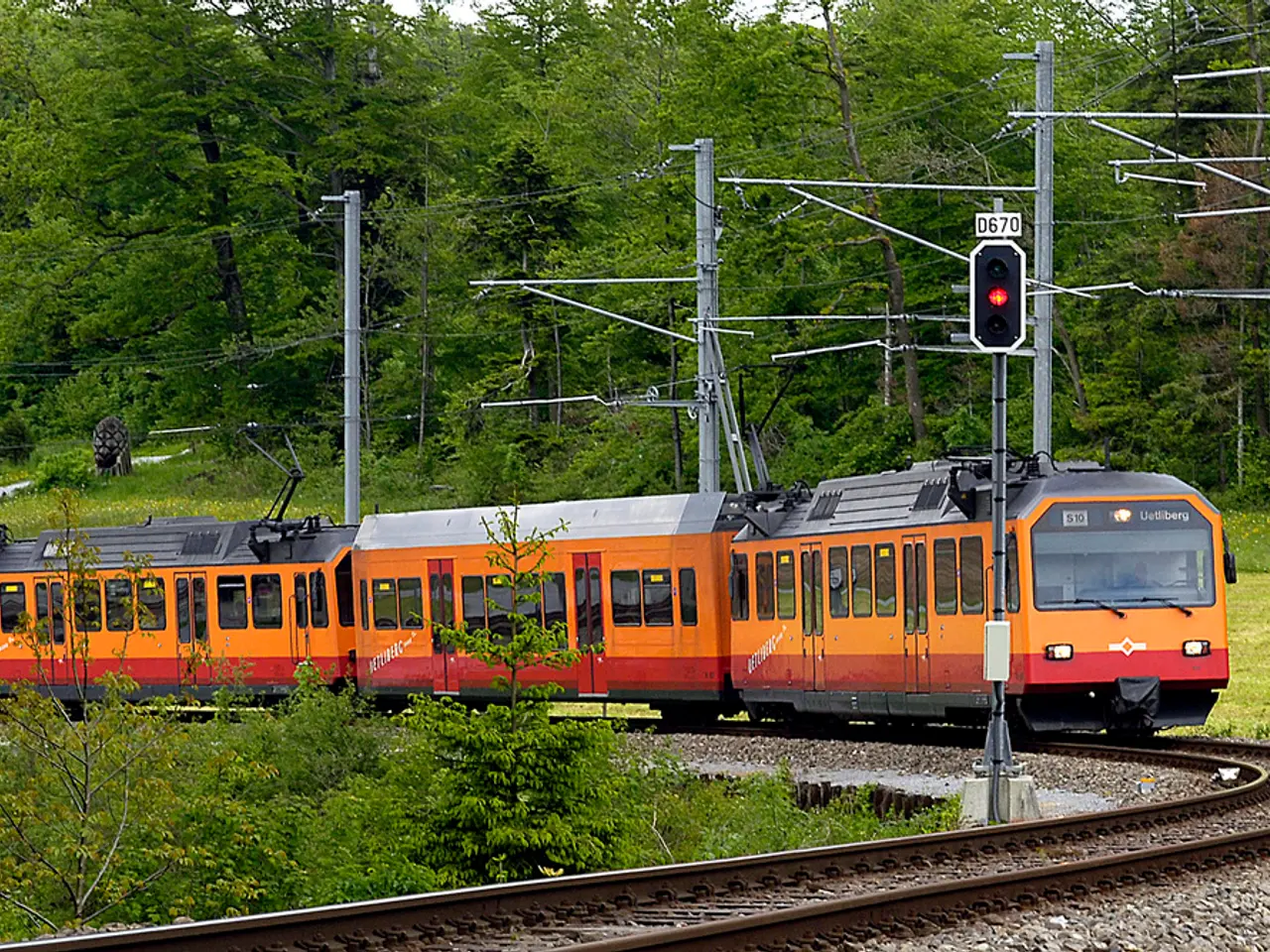Volkswagen ponders potential shift to four-day workweek
Volkswagen's Wolfsburg Plant Transforms for Electric Future
Volkswagen (VW) has announced plans to transform its main plant in Wolfsburg, Germany, into an electric vehicle (EV) production hub. This transformation aligns with VW's strategic push into electrification, as the company seeks to replace its combustion-engine vehicles with electric alternatives.
The plant, historically known for producing the classic Golf and other combustion-engine cars, will undergo a significant redesign to support the manufacturing of electric vehicles on the new Scalable Systems Platform (SSP). This platform is considered the backbone of VW's E-offensive, a strategic push towards electric mobility.
The next-generation electric Golf model is expected to launch around 2025 or 2026. This new Golf EV will be built on the SSP platform, a more advanced platform than VW's current MEB architecture, allowing for improved performance and efficiency. The electric Golf successor is likely to share some software and electronic architecture with Rivian’s R2 platform due to VW's partnership with Rivian, while maintaining distinct styling and tuning for Volkswagen models.
In the near future, the Golf will no longer be built in Wolfsburg, but in Mexico. However, the plant in Wolfsburg will continue to produce other EV models, such as the ID.3, Cupra Born, Tiguan, and Tayron, from the rebuild in 2027. Two of the four assembly lines in the main plant will be rebuilt for SSP production from this date.
The works council chairwoman, Daniela Cavallo, has emphasised the need to minimise net losses for employees during the transition phase. She has also suggested that employees work as many overtime hours as possible to fill their hour accounts before 2027. However, Cavallo expects the plant to be underutilised for years after the rebuild in 2027. This potential underutilisation might not be well-received by employees.
Currently, the plant in Wolfsburg is operating overtime, and the lack of work during the transition phase is expected due to the rebuild of the main plant for SSP. The plant is currently producing the ID.3 and Cupra Born, alongside the Tiguan and the Tayron, and will continue to do so from the rebuild in 2027.
Further official VW releases would provide deeper insight into the detailed timelines and capacity changes for Wolfsburg’s electrification beyond the general plan.
- As Volkswagen (VW) transitions its Wolfsburg plant into an electric vehicle production hub, the Finnancial sector will be crucial in providing the necessary funding for this transformation.
- The redesign of the Wolfsburg plant to support electric vehicle manufacturing will have a significant impact on the Automotive industry, as it aligns with VW's strategy to replace combustion-engine vehicles with electric alternatives.
- The upcoming electric Golf model, which will be built on the Scalable Systems Platform (SSP) for improved performance and efficiency, signifies the integration of Technology into Volkswagen's electric vehicle production, facilitated by partnerships with companies like Rivian.




